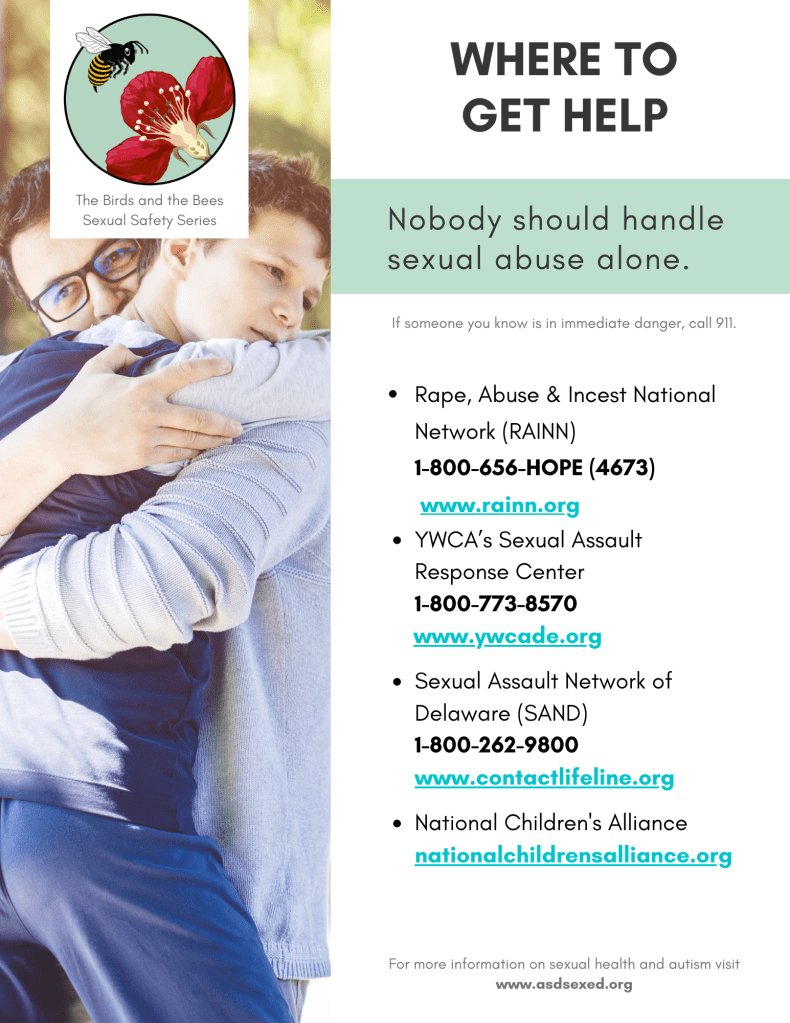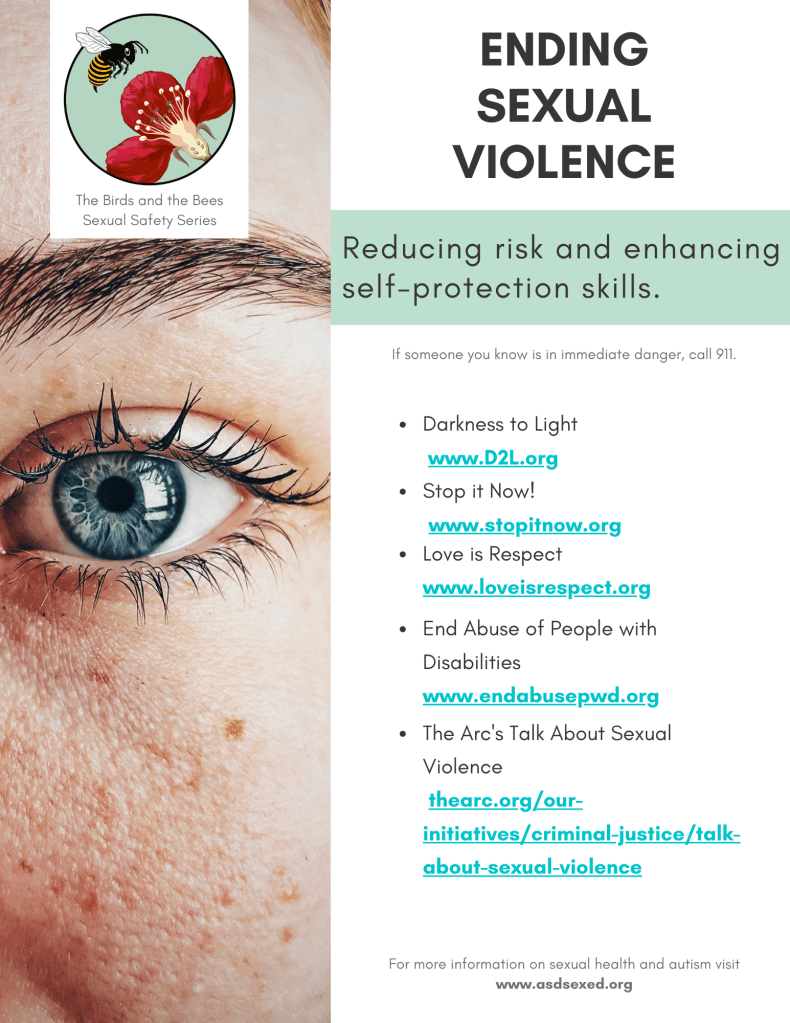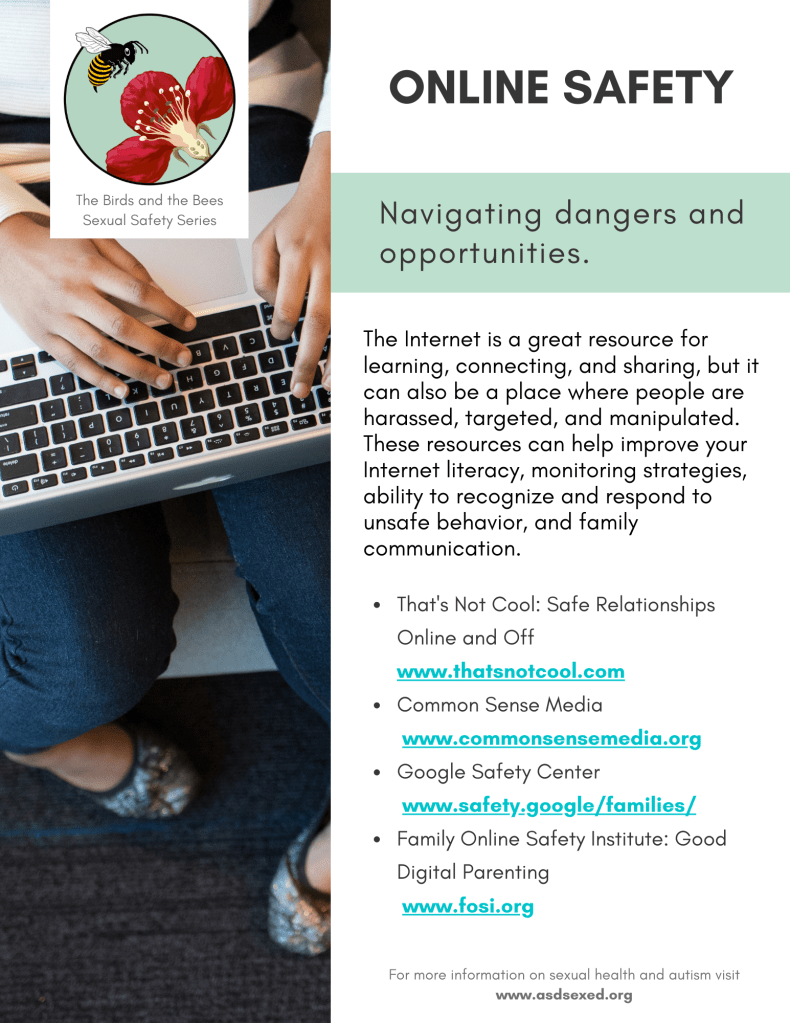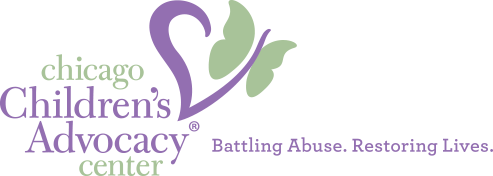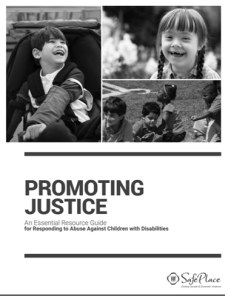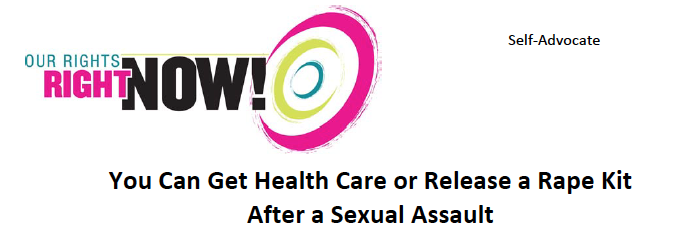 It is difficult to determine the exact risk of sexual abuse for individuals with ASD. For one thing, reports of sexual abuse in the general population can vary widely. The first national survey reports victimization rates of 27% for women and 16% of men (Finkelhor et al., 1990)*- and many studies seem to report findings similar to this. A study has shown that children with disabilities are 1.7 times more likely to experience sexual abuse (Crosse, Kaye & Ratnofsky, 1993)*. In this study all children with disabilities were examined, not just individuals with ASD . Individuals who are caregiver dependent may be at the highest risk as family members, family acquaintances, and paid caregivers are the most likely to commit sexual abuse (Mansell et al., 1996)*. Difficulties communicating, lack of knowledge of sexual norms and activities, and isolation may contribute to increased risk of sexual abuse among individuals with ASD.
It is difficult to determine the exact risk of sexual abuse for individuals with ASD. For one thing, reports of sexual abuse in the general population can vary widely. The first national survey reports victimization rates of 27% for women and 16% of men (Finkelhor et al., 1990)*- and many studies seem to report findings similar to this. A study has shown that children with disabilities are 1.7 times more likely to experience sexual abuse (Crosse, Kaye & Ratnofsky, 1993)*. In this study all children with disabilities were examined, not just individuals with ASD . Individuals who are caregiver dependent may be at the highest risk as family members, family acquaintances, and paid caregivers are the most likely to commit sexual abuse (Mansell et al., 1996)*. Difficulties communicating, lack of knowledge of sexual norms and activities, and isolation may contribute to increased risk of sexual abuse among individuals with ASD.
So what can you so? Here are 5 places to start.
- Have a clear reporting procedure of any suspected incidences of abuse or neglect and use it!
- Don’t hug, kiss, hold hands, snuggle or in other ways compromise professional boundaries. Not only does this potentially mask dangerous “grooming” by sexual predators, it also communicates that individuals with disabilities are asexual.
- Sexuality education 🙂 may provide opportunities to for individuals to be better able to communicate and better understand social norms and activities thus giving them tools to better understand if abuse may be taking place.
- Teach folks to say no! When we don’t provide structured opportunities for people to say no, then when they need to they don’t know how.
- Don’t let sex be a taboo. If everyone is afraid to talk about it, they will be afraid when there is a problem also. Also, perpetrators will be deterred by the open communication.
The Department of Human Services in Illinois is targeting ending violence against women with disabilities. Click here to learn more!
*Link takes you to an abstract of the original article.
